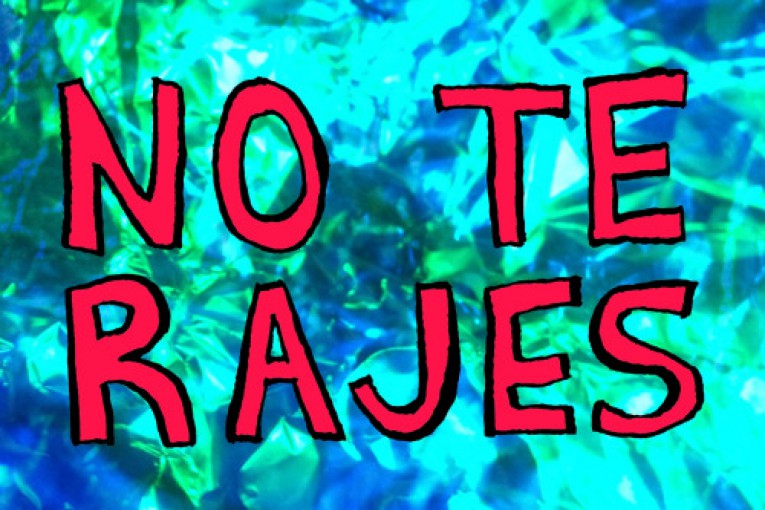
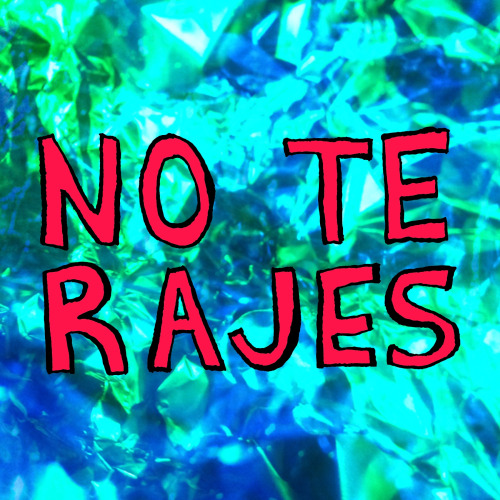
by Jerika L.H.
Sprawled across a colorful digital canvas, Chucha Marquez leaves his mark and message. “No te rajes” (Don’t give up) speaks not only to his personal history of self and social exploration, but also to the revolutionary spirit that is ever present in the tradition of true art. Artist, print maker and digital illustrator, Chucha is known for his coverage of social issues and activism in Davis and beyond. While art is commonly regarded as an excellent method of expression and release, for Chucha art is medicine.
“I ended up dropping out of college after my second year [and was] struggling with mental health issues and substance abuse – my life was kind of falling apart. I was out of school for two years, still politically active and experimenting with cultural and political art, but also still feeling like maybe it wasn’t for me. I came back to UC Davis in 2011. I took a screen printing class through Chicanx Studies and that’s kind of where it all came together for me. In my time off from school I had overcome a lot of my issues with substance abuse and was working through my mental health, and I found that expressing myself through the process of screen printing was healing for me.”
And just like that, a radical social justice artist was born. Chucha’s work covers topics such as (but not limited to) queer issues, transgender politics, feminism, racism and empowerment. In the true form of art imitating life, Chucha takes inspiration from the problems, prejudices and people around him. His work is undeniably political, but honest in its intent and candor. Serving as an extension of his own self, Chucha’s art has struck a chord in many people who pay homage to the marriage of culture and uncensored politics within his art.
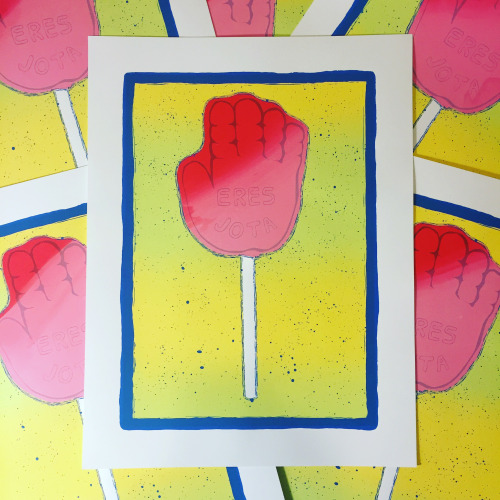
Apart from just turning heads, Chucha’s work not only teaches a relevant lesson about the importance of artistic access for young people, but also speaks to the power that representation has in relation to empowerment. “I fell in love with art and creating when I was a child. I loved going to the arts and crafts store and art projects in school were my favorite. It was more for fun than anything. I took art classes in middle school and high school, and just like my childhood, they were fun but I never really envisioned that it could lead to anything. I learned a lot about different artists, but I couldn’t really connect to any of them. The only artists I learned about growing up that I felt a connection to were Diego Rivera and Frida Kahlo.”
While Chicano/a artists have historically been relegated to a side course, “Art History 101” projects misrepresentations of ‘accredited art’ as work strictly born from the European milieu. In addition to being Eurocentric, lack of access to broader, more varied traditions in art robs younger generations of the opportunity to learn about, and engage in, their cultural history. Many students have expressed a disconnection between their passion for art and the inadequacies of the institution in including names outside of Michaelangelo and DaVinci in their focus. That is where Chucha’s work breaks from the mold of tradition.
“When I came to UC Davis as an undergrad in 2007 I took art classes for fun again, and I was disappointed again feeling very little connection to the work I was doing and the artists I was learning about. I ended up taking a Survey of Chicanx Art class that changed my life. Mixing art with culture and politics felt right. Around this time I had starting being politically active on campus and drawing the connections between art and politics, seeing political artwork, that resonated with me.”
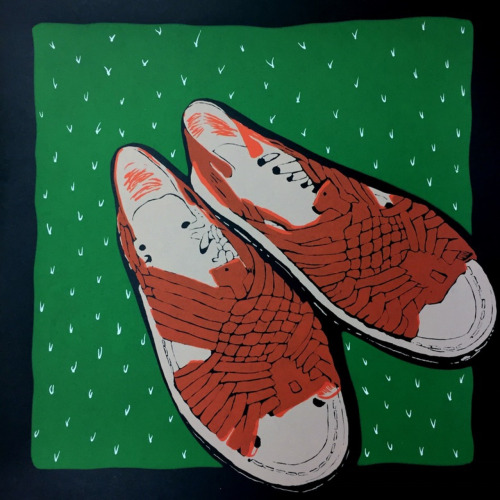
Chucha’s art includes both personal and cultural history.“My parents are both immigrants from Mexico. They were undocumented most of my life, until I turned 21. They pushed me to do well academically so I could go to college and become a doctor of some kind, a lawyer, something that to them would mean success, something that would mean their sacrifices as immigrants would pay off in their children’s lives.” Although “artist” is rarely referenced amongst the lucrative troika of doctor, lawyer, biochemical engineer, the success of Chucha’s work cannot be overstated. He has been featured in publications such as Visions of Peace and Justice , and was highlighted the Crocker Art Museum’s Art Beyond Fear series. But Chucha’s most important work to date has been his community activism efforts in the classroom. “I volunteered at a local screen printing studio teaching community members how to print and politicizing/empowering them in the process, which also gave me a place to continue creating and exploring the material, both the political messages and the art mediums themselves.” Chucha is currently working on a coloring book which will both explore his content and contract the user as part of the artistic process. It is a project which exemplifies his drive for accessibility, engagement, and exposure to important issues.
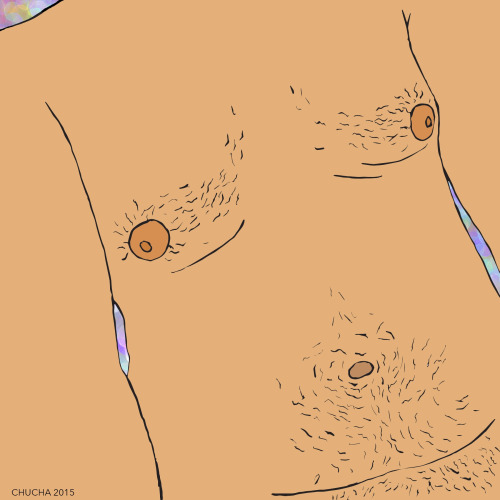
Underscoring Chucha’s fan base is a diverse group of individuals who see themselves in his work. While his art has helped some find or rediscover their own identity, it also enriches the Chicano/a tradition of political activism by way of artistic expression. As the old adage goes, good art must always make you question who you are. Chucha has found himself in his art – “I am a print maker and a digital illustrator. My artwork is all cultural and/or political in nature. I see the power in political artwork, how that can be used to heal communities and mobilize communities, heal the self, and that, to me, is so powerful and invaluable.”
For more information about Chucha’s artwork, go to www.lachucha.tumblr.com.
For more resources, upcoming courses, and events on Chicano/a artists, go to https://chi.ucdavis.edu/welcome-department-chicana-and-chicano-studies
“Although ‘artist’ is rarely referenced amongst the lucrative troika of doctor, lawyer, biochemical engineer, the success of Chucha’s work cannot be overstated.”
What a shame it is that our society has defined success as what is “lucrative”. It is to our detriment that we do not honor our artists, teachers, caretakers, and other more “humble”pursuits just as we honor the “lucrative troika”.
Like the background on the top print.
I can relate to the last two prints as well–I used to have a pair of huaraches that looked just like those (one of my all time favorite pairs of shoes that I wore everywhere in southern California when I lived there), and unfortunately my torso is trending toward the look of soy gordito–reminds me to be sure to eat a little less this spring.